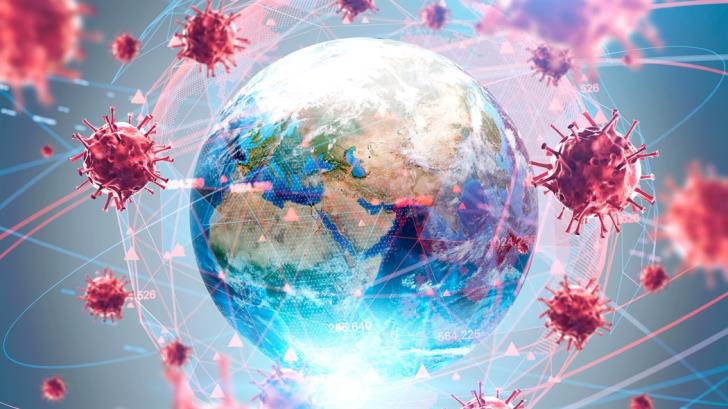Here’s what you need to know about the coronavirus right now:
Russia and Chinese vaccines raise doubts
High-profile novel coronavirus vaccines developed in Russia and China share a potential shortcoming: They are based on adenovirus type 5, or Ad5, a common cold virus that many people have been exposed to, potentially limiting their effectiveness, some experts say.
Researchers have experimented with Ad5-based vaccines against a variety of infections for decades, but none is widely used. They employ harmless viruses as “vectors” to ferry genes from the target virus – in this case the novel coronavirus – into human cells, prompting an immune response to fight the actual virus. But many people already have antibodies against Ad5, which could cause the immune system to attack the vector instead of responding to the coronavirus, making these vaccines less effective.
Some scientists also worry an Ad5-based vaccine could increase chances of contracting HIV. In a 2004 trial of a Merck & Co Ad5-based HIV vaccine, people with pre-existing immunity became more, not less, susceptible to the virus that causes AIDS. Researchers, including top U.S. infectious diseases expert Dr Anthony Fauci, in a 2015 paper, said the side effect was likely unique to HIV vaccines.
Back to class in England and Wales
Schools in England and Wales will finally reopen on Tuesday to all students for a new term after the coronavirus pandemic forced their closure, leading to cancelled exams and throwing student grades into chaos.
The Department for Education said a “system of controls” would be in place to keep pupils and teachers safe, with social distancing maintained whenever possible.
A study by the Institute for Fiscal Studies in August suggested school closures widened educational inequalities between poorer and richer students.
Concern over an educational divide was compounded in August, when the government bowed to pressure from angry pupils, teachers and members of parliament to ditch an algorithm that had downgraded A-level results for almost 40% of school leavers, with those in disadvantaged areas more adversely affected.
Coronavirus often undiagnosed in U.S. front-line hospital workers
A high proportion of novel coronavirus infections among U.S. healthcare personnel appear to go undetected, according to a report on Monday in the Morbidity and Mortality Weekly Report of the U.S. Centers for Disease Control and Prevention.
Between April and June, among more than 3,000 front-line workers in 12 states, roughly 1 in 20 had antibody evidence of a previous novel coronavirus infection, but 69% of those infections had never been diagnosed.
Infections among front-line healthcare personnel may be going undetected, the study authors say, because some infections may be only minimally symptomatic or asymptomatic and also because personnel with symptoms may not always have access to testing.
Medical waste spills into Indonesian river
For residents along Indonesia’s Cisadane River, the coronavirus has brought not just deadly disease, but also a deluge of medical waste: a constant stream of syringes, masks and hazmat suits floating by.
As the virus has spread, medical waste had been piling up at Tangerang’s Cipeucang landfill. Then in May its walls collapsed, sending tons of garbage straight into the Cisadane’s khaki green waters.
“I still worry to be honest, but I have to wash here,” resident Eka Purwanti, 36, told Reuters, as she did her laundry in the river, and children played on the bank.
“I hope nothing will happen, although I know it’s a deadly disease.”
Indonesia’s health ministry acknowledged the problem – saying 1,480 tons of COVID-19 medical waste was produced across the country from March through June – and admitted it lacked treatment facilities, but was working on solutions.
(Reuters)






